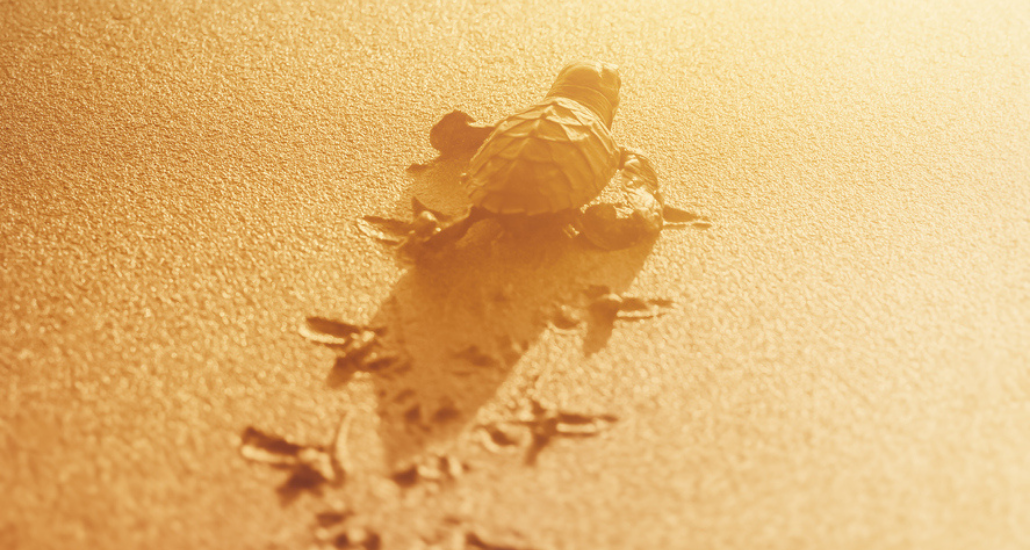Wait, is it over? I think it’s over. Let me check … yes, last year has officially left the building! We’re free to plan something better!!
Of course, nature doesn’t care that we humans think of January as the beginning of a new year. Climate change, systemic racism, and other deplorable realities aren’t going to check their calendars and stop in their tracks.
Nevertheless, just the idea of a fresh slate is psychologically powerful. Making New Year’s resolutions is a great way to reset our minds and hearts—especially after a year like the one we’ve just had.
I’ve spent most of my life studying the way people set and achieve goals. Based on what I know from social science, coaching, and personal experience, I’ve decided to set the most effective, useful resolutions possible for the new year:
- Do less
- Fail more
You might want to join me.
To most people, this sounds odd, maybe even sacrilegious. Shouldn’t we be doing more, and failing less? That’s certainly what our culture advises. But research shows that most resolutions fail because we try to do too much at a time and insist on immediate success. We lurch into action, pushing ourselves so hard we ultimately can’t sustain the effort. Then, when we can’t achieve our lofty goals, we go into death-spirals of shame and self-recrimination.
Many people—including yours truly—never even start toward some goals because the specter of overwork and the fear of failure paralyze us before we begin. The solution isn’t to try harder. It’s to take smaller steps and expect setbacks (do less, fail more).
We’re wired to function this way. When you were a baby, you didn’t learn to walk by winning a marathon. You took a few steps, fell down a lot, and gradually improved. Now you stride confidently around your stomping ground, only falling down on special occasions, such as meeting a blind date or speaking in public.
I’m kidding … but not really. The more important the event, the more helpful it is to break goals into tiny steps and allow ourselves to fail without shame or blame. Here are some concrete instructions:
HOW TO DO LESS: TAKE TURTLE STEPS
Whatever your New Year’s resolution, I suggest breaking it into “turtle steps.” These are even smaller than baby steps. A turtle step, as I define it, is a step that takes you toward your ultimate goal, but is so tiny you could do it easily on your worst day. A day when the water heater breaks, your entire family has chickenpox, and the dog needs surgery because he ate your neighbor’s Rolex.
Without turtle steps, I would never have become a writer. Though I’ve published several books, I’ve only written paragraphs. If I ever sat down to write a book, I’d pass out cold—it’s just too much. But even on my worst day I can squeeze out a paragraph. On an average day I might write many paragraphs, take many turtle steps. But I never set my sights far beyond that first step, that one tiny goal.
There’s abundant research showing that people are more likely to succeed by taking small steps than large ones. And the data are even more convincing when it comes to failure. When we embrace the probability that we won’t always get everything right, success is just around the corner.
HOW TO FAIL MORE: EMBRACING IMPERFECTION
In college, I studied Chinese very hard, almost always in classrooms, busting a gut not to get anything wrong. Then, when I had a toddler who was just learning to talk, I lived in Japan for awhile. I hired a tutor who spoke no English. She used to laugh so hard at my attempts to speak her language that I thought she might rupture something. I didn’t care. I’d decided that if something was worth doing, it was worth doing badly. If it was okay for my 18-month-old to make grammatical mistakes, it was okay for me, too. Within six weeks I felt more comfortable in Japanese than I’d ever been in Chinese, despite years of jaw-clenching effort.
Studies show that if children are told they’re very smart and capable, they actually become fearful of trying new things—they don’t want to mar their own lustrous image. But if adults tell a child, “I see how hard you’re trying, and you’re always willing to try again,” the kids become more adventurous and experimental. In the course of trying and failing repeatedly, they gain skills—and also the confidence that eventually, they can get things to work out for them. The willingness to fail is a crucial stepping stone to success.
WHATEVER YOU DO IN THE NEW YEAR, YOU CAN DO IT IN PEACE
Author Melodie Beattie wrote one of my favorite reminders about doing less and failing more: “At no day, no hour, no time are you required to do more than you can do in peace.” This is how you can gauge whether you’re doing little enough, and failing often enough, to really improve your life. If you’re not in peace, take smaller steps—and be proud of every single one. Be even prouder when you try and fail, knowing that you’ll learn far more from getting a few things wrong than from insisting you’re always right.
I don’t know what the new year will bring. But if it’s even remotely similar to last year, we’ll need to play it smart. And I know that doing less and failing more will help us face whatever happens with steadiness, kindness, skill, and good cheer.
Love,











7 comments
AT 1:04 AM
AT 5:53 PM
AT 1:35 AM
AT 10:00 AM
AT 5:01 AM
AT 7:16 PM
AT 1:25 PM